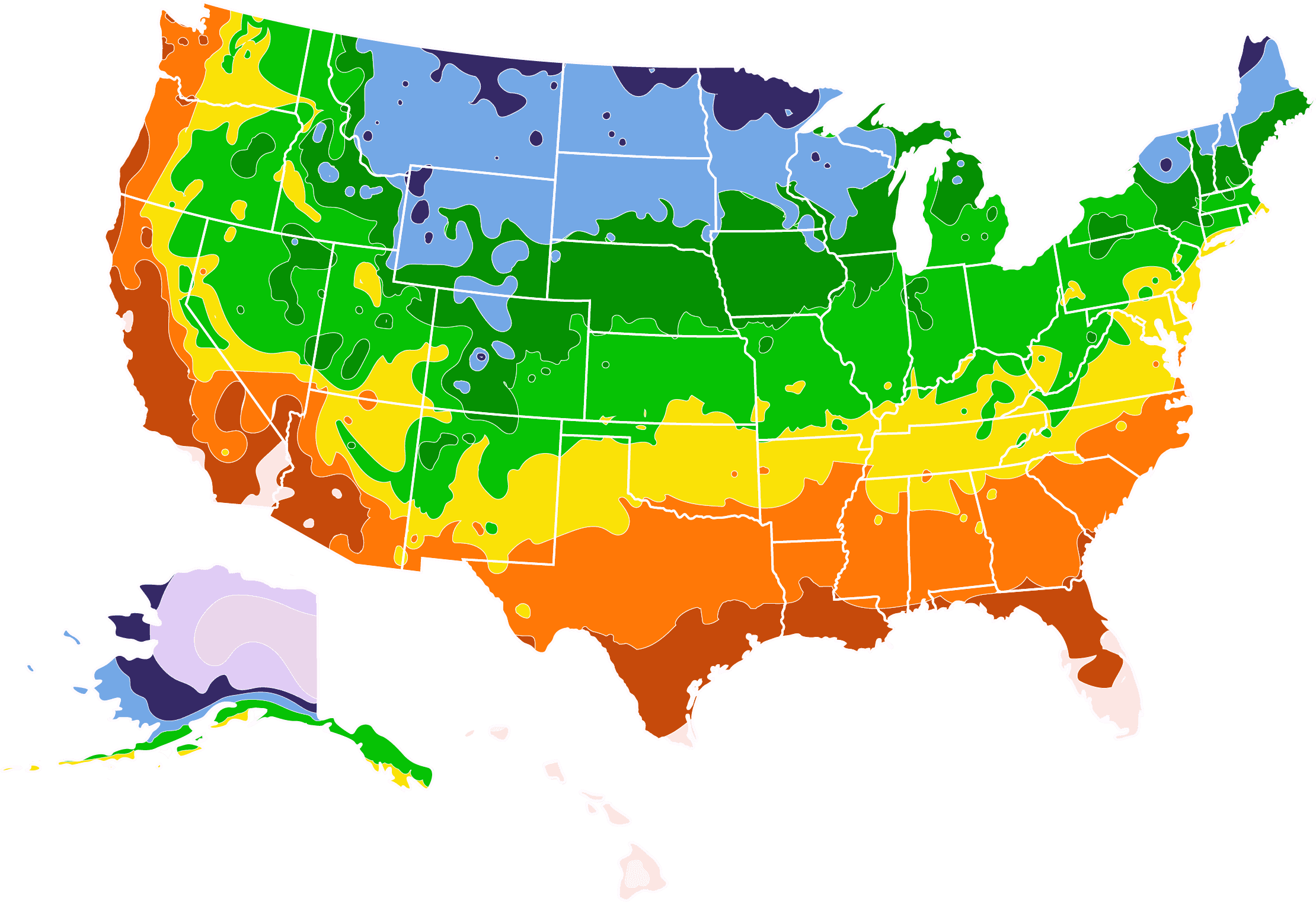- Home >
- Evergreen Trees >
- Autumn Purple Ash
Autumn Purple Ash for Sale - Buying & Growing Guide
- Ships in 1-2 days
- 1-Year Warranty Eligible
- Pots or accessories are not included unless specified in the product options.
Shipping Details:
Once your order is shipped, you’ll receive an email with a tracking number and estimated delivery date. Most orders ship immediately, but some items are seasonal and may only ship in spring or fall. These products are noted on the website.
The Autumn Purple Ash Tree, Fraxinus americana 'Autumn Purple,' is a handsome cultivar that offers a thick, broad canopy under which to find shade in the summer months. But it's in the fall when this tree really shows off, with spectacular foliage that turns from green to a rich red and finally, a deep maroon-purple. This display lasts for a while since the Autumn Purple is one of the last trees to lose its leaves when cold weather arrives. This long-lived tree is an easy keeper, requiring little care once it's established. The Autumn Purple can even save you money if you plant one near your home's south side as it will provide cooling shade to keep down AC costs in the summer. Here are a few more reasons why you need one of these trees in your landscape:
- The Autumn Purple Ash Tree is moderately drought-tolerant once established.
- Needs little pruning other than basic maintenance trimming.
- Thrives throughout almost the entire U.S.
Plant Care
Sunlight

The Autumn Purple Ash Tree does best in partial to full sun—at least four hours of direct sunlight a day.
Watering
Water newly-planted trees weekly; established ash trees only need water in severe heat or drought.
Fertilizing

Fertilize your ash tree in spring with a balanced, slow-release formula such as a 10-10-10 product.
Planting and Care
Planting instructions
Site your Autumn Purple Ash Tree in soil that drains well and receives at least four hours of sun a day. Since this is a large tree, avoid placing it under overhead utility wires as it may interfere with them when they mature. Unpot your sapling and tease out any encircling roots because they can girdle the tree and slowly kill it. Dig a hole that’s as deep as the root ball and twice as wide. Place the tree in the hole, spreading out the roots. While holding it upright and steady, fill in around it with topsoil, tamping down as you go to eliminate air pockets. Water thoroughly. Apply a two to three-inch layer of organic mulch such as bark chips around the root zone to conserve moisture and hinder weed growth but keep it from touching the trunk to avoid problems with rot.
Watering and nutrients
Until it is established and showing signs of robust growth, water your ash tree weekly. After its first year, it should only need supplemental watering during very hot or dry weather. Water at the base of the trunk and avoid wetting the leaves when you water. Fertilize in spring with a balanced, slow-release fertilizer formulated for landscape trees and shrubs, such as a 10-10-10 formula.
Pollination
As a male cultivar, this variety of ash tree does not set seed and there is no need for pollination.
Pruning
Trim out any dead, diseased or damaged limbs whenever you see them. In early spring, before bud break, you can prune for shape when your tree is young. Remove branches that rub against each other or grow inwards to keep the canopy open for good circulation.
Pests and diseases
The most common insect pests of the Autumn Purple Ash Tree are ash borers. These are most common in trees that are already stressed; so, keep your tree in good condition with regular feeding and watering to avoid them. Potential diseases that may infect ash trees include ash dieback, powdery mildew and anthracnose. Again, a healthy tree is better equipped to fight off infection or fungal disease.
Achieving maximum results
Knowing the best ways to use your Autumn Purple Ash Tree in the landscape will help you to achieve maximum results. This is a large tree; so, it is probably not the best choice for small yards and care should be taken when planting it to allow space for it to reach its mature height and width. If planting near a house, you’ll want to space it at least 15 to 20 feet away from the structure and away from any overhead obstructions. The Autumn Purple Ash Tree makes an excellent specimen tree for a front yard or anywhere that it can be seen easily. Consider underplanting it with shade-loving shrubs and perennials—or placing a picnic table under it to enjoy in the cooler temperatures. If properly spaced, a row of these trees lining a long driveway or near a roadway would also look splendid.
FAQs
How big does the Autumn Purple Ash Tree get?
Autumn Purple Ash Tree can achieve a mature height of 50 to 70 feet with a width of 30 to 50 feet. Because it is a large tree, be sure to allow space for both height and width when planting near a building or roadway.
Where can I grow an Autumn Purple Ash Tree?
This is a hardy tree that can handle temperatures down to -30 degrees Fahrenheit, but it can also manage the heat in most of the southern states. It can be grown in the continental U.S. almost everywhere except for the more tropical regions in southern Florida and California and thrives in USDA hardiness zones 3 to 9.
Is the Autumn Purple Ash Tree a messy tree?
As an all-male cultivar, the Autumn Purple is actually less messy than most ashes because it does not drop samaras, or seed pods, as other cultivars do. It is not an evergreen and will drop its leaves in late fall, but it is not any messier than other deciduous trees.
You can't add more Product Name - Product size to the cart.
OK


